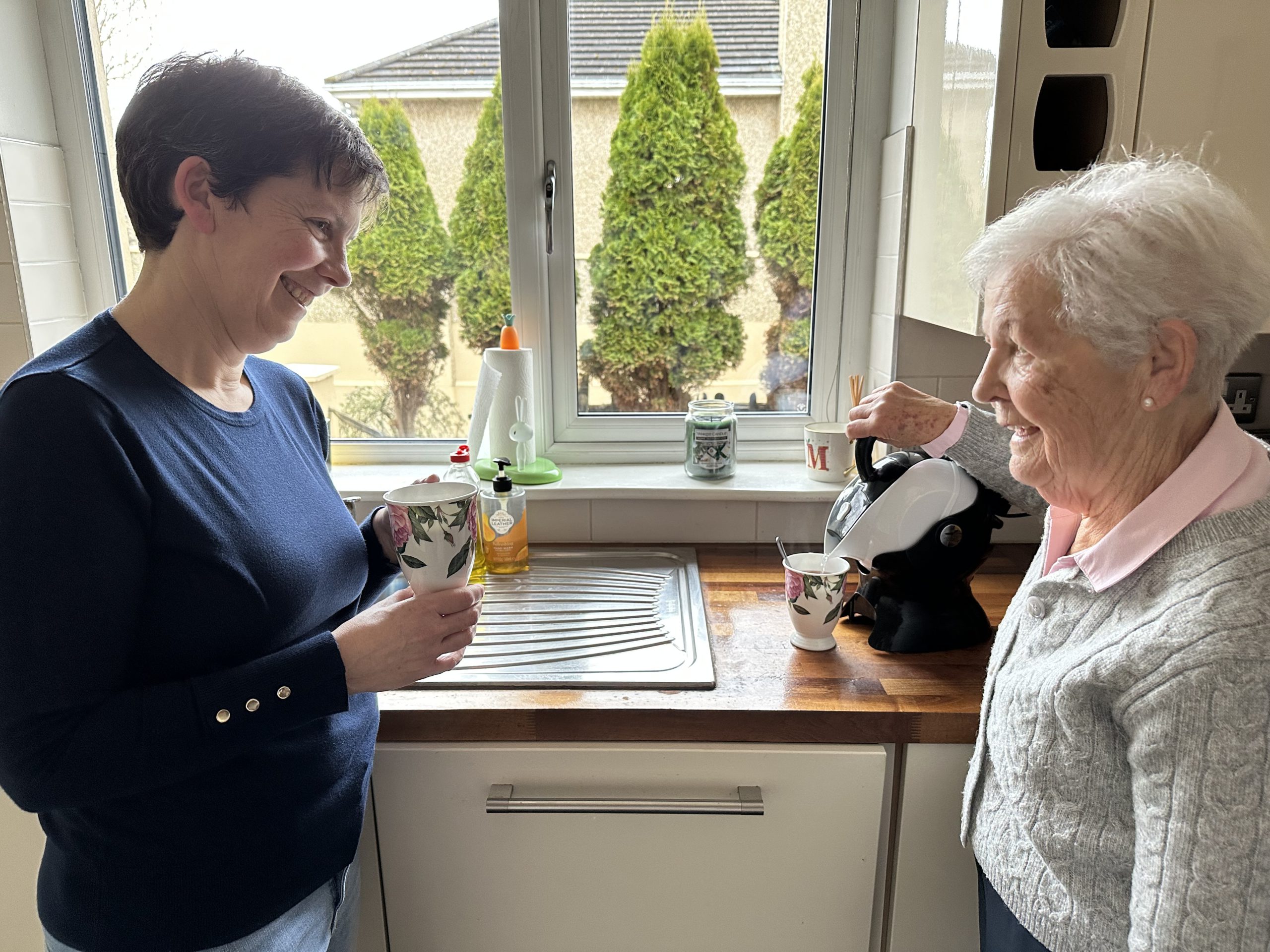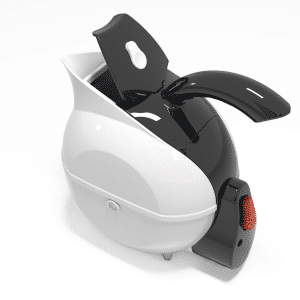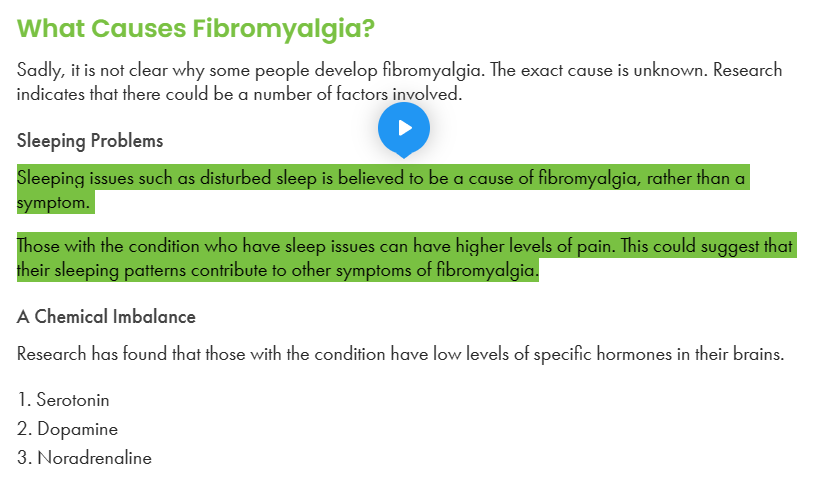Many people with chronic illnesses like arthritis can become depressed. In fact, depression is one of the most common complications of chronic illness. Sadly, it is estimated that 1/3 of those living with a serious medical condition have symptoms of depression.
There are many reasons for depression being linked to a chronic illness. This is because the symptoms of chronic illness can make it impossible to do the things you enjoy. It is because of this that it can eat away at your self-confidence and more.
Serious illness can cause tremendous life changes and limit both your mobility and independence. It’s no surprise, that people with chronic illness often feel despair and sadness. In some cases, the physical effects of the condition can be enough to cause depression and for some people it can occur from side affects of medication.
Arthritis & Depression
People with arthritis have high rates of depression and anxiety. Many of those affected don’t receive mental health treatment – which could potentially help with their physical arthritic symptoms.
When you feel down or worry excessively, you may feel too overwhelmed to properly care for your arthritis or your emotional health. But pain, mental health and disability are strongly linked, so not recognizing or treating one can impact the others greatly.
For example, having depression may mean you don’t have the will or energy to exercise, which can lead to loss of function. On the other hand, having a lot of pain and inflammation may make it harder to exercise and cause you to be depressed or anxious.
Eventually, this vicious cycle harms your sleep, daily activity, social interactions, and self-care, therefore treating mental health conditions should be regarded as a fundamental part of managing arthritis symptoms.
Managing Your Mental
- Get Your Heart Pumping:
Regular exercise can help with anxiety and depression. Aerobic exercise, which is anything that makes you at least a bit out of breath, is particularly beneficial. This releases chemicals around the body that are natural painkillers and can lift your mood.
Exercise is also good for self-confidence and self-esteem. It’s not always easy but starting off gently and gradually increasing the amount you do can lead to great results.
- Vitamin D:
The ‘sunshine vitamin’ is good for bone and joint health, and it can help with depression. On spring and summer days, getting 15 minutes of warm sun on bare skin, such as arms, legs and face will give you your daily dose of vitamin D.
- Talk it Out
It costs nothing and you will always come back feeling better. Pop the kettle on and talk it out with a relative or a close friend. A problem shared is a problem halved.













Leave a Comment